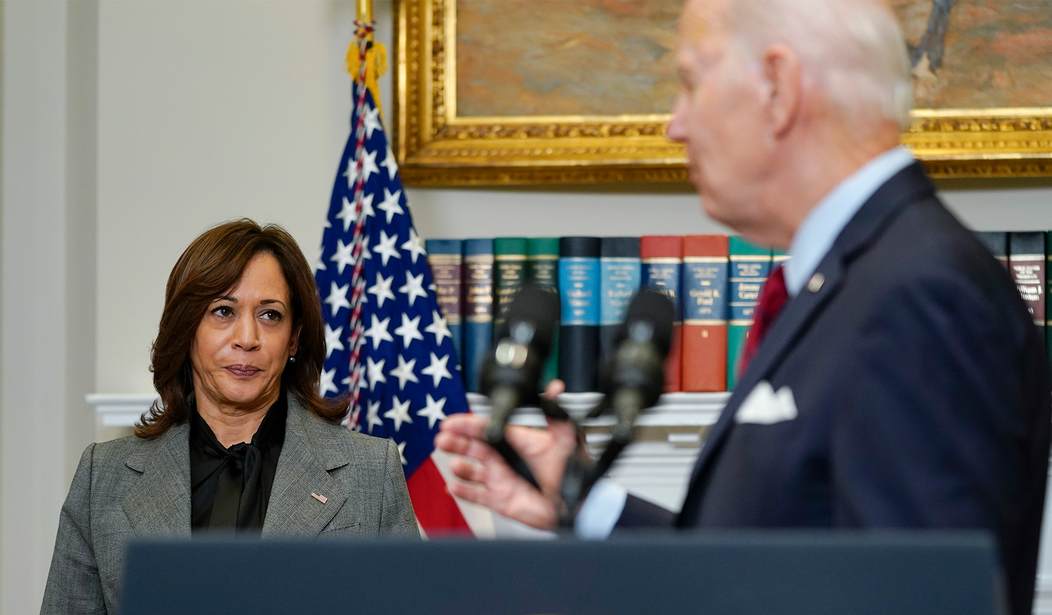In the recently concluded term, the Supreme Court found itself in a storm of consequential cases, overturning precedents and taking controversial stances that shifted society and upheld constitutional values. Democrats have, in reaction, decried the Supreme Court, framing it as a rogue entity, a politicized institution that has lost its credibility. They lament what they perceive as a transformation for the worse. Yet, the truth is far more disturbing. The truth is that the Supreme Court has remained practically unchanged. The only thing that has changed is the lengths to which the media is willing to go to lie in order to sway public opinion.
Venture onto social media platforms, peruse through the pages of newspapers, tune into the cacophony of news cycles, and it's challenging to find any incisive, in-depth analysis of these groundbreaking cases. Instead, the terrain is riddled with pundits and journalists spouting punchy one-liners, engrossed in a relentless campaign to persuade their audience that the Supreme Court has faltered in its decision-making and become nothing more than another branch of our legislature.
Today's media landscape is marked by an audacious deception fueled by an agenda to skew public opinion and subtly undermine the foundational principles that undergird our nation. Regrettably, and perhaps unsurprisingly, this often finds its mark. This taps into a flaw in our brains that favors apparent experts, and short, easily digestible sound bites over complex, lengthy legal dissertations.
After all, even if the populace were inclined to pore over these dense 40-plus-page opinions, can we realistically expect millions to grasp the nuanced labyrinth of legal precedent or even the bare-bone fundamentals of the legal process and the Constitution? It's challenging as it is for lawyers who have spent their careers studying these topics to understand them, so how could anybody else do so -- or even find the time to do so? It is this inherent impossibility that the media capitalizes on to mislead the public.
Take, for instance, the 303 Creative case, which posited that the government cannot compel a business engaging in expressive activity -- in this case, website design -- to produce speech that contradicts its principles. This reaffirms a century-old First Amendment tenet -- the government cannot coerce speech. We're not talking about a person selling doughnuts or toys; we're talking about speech. But you'll be hard-pressed to find liberal pundits commending the Supreme Court for safeguarding people from the slippery slope of government-compelled speech. Instead, you'll encounter them levying outrageous claims, asserting the Supreme Court has given discrimination its legal seal of approval.
Recommended
Sadly, even the vice president of the United States put out a misleading statement, saying, "When you walk into a restaurant, hotel, or any business open to the public, you are entitled to be served free from discrimination." This misunderstands the cases holding entirely and ensures that there is more fodder for media outlets and influences to peddle the misinformation that it is now open season for discrimination. Would a Democrat endorse being obligated to produce art featuring a Confederate flag for a Southern wedding?
Consider, too, the affirmative action case that questioned whether there was a compelling justification for discrimination in college admissions. The Supreme Court's decision to strike down affirmative action was firmly rooted in historical precedents, citing clearly past cases where justices from both ends of the ideological spectrum plainly stated that discrimination in college admissions is "dangerous," but ultimately allowing it temporarily -- and only temporarily. The media, nonetheless, constructed a narrative framing the decision as an affront to Black people and all those who have been burdened by racism. The reports became all about what the decision will do, but not why the decision was made. The media took pains not to state legitimate alternatives like using a person's actual hardships in determining whether they should get a boost. The Court made one of the most powerful arguments against affirmative action ever made public, yet it was entirely overlooked.
Then there was the Biden executive order case, involving a staggering $400 billion in loan cancellations. The conservative justices were portrayed as attacking the debt-ridden 40 million borrowers from their ivory towers. Misleadingly, the media linked the policy arguments of Republicans to the Supreme Court's ruling, despite the fact that these arguments were not featured in the case. The media consistently omitted the ruling's rationale, the significance of the tripartite branches of government, and how Congress should operate when an agency lacks statutory authority. They missed the primary reasoning: the phrase "modify or waive" did not equate to "completely rewrite," as the Court stated. It's truly sad that the Court's reasoning was just that simple, and still, that's not what was reported.
A Supreme Court case represents more than a mere judgment. It's the culmination of rigorous investigation, involving hearing arguments from all sides and crafting comprehensive, reasoned opinions to substantiate their conclusions. These complex narratives shouldn't be discarded or simplified to a pithy one-liner; they are worthy of far more. These judgments contain more substance than any pundit's commentary, commentary that relies on preconceived notions of truth rather than a diligent reading of the case. The true fix that the Supreme Court needs is how it educates the public. The Court always writes first, but its actual words are always heard last -- if ever at all.
To learn more about Armstrong Williams and read features by other Creators Syndicate writers and cartoonists, visit the Creators Syndicate website at www.creators.com.

























Join the conversation as a VIP Member